Globally most are working from home for the forseeable future. It has become the new normal. In practicing social distancing and self-isolation in the midst of the Covid-19 pandemic this is how things will be for now.
In a law firm or an accounting firm, most managers are used to being able to see their team members, personally check in with them and talk to them about what they are working on. The transition to “work from home” means that it is no longer an option to have those personal check ins, to work out where issues might be and regularly debrief, perhaps during or after a meeting. It certainly feels this way to start with anyway.
It is a big switch. Now sitting in their home office, lounge room or other space where they find themselves working, managers must continue to lead their team, check in and make sure that work continues to flow. At first there are a lot of unknowns. There are questions of trust, how will work be managed, how will we all communicate, who is doing what and when. What we’ve seen emerge however is that a new routine is established, new methods of communication open up and your team will just get on with it.
At Elizabeth’s law firm she’s noticed these key changes, she’s adapted and now she’s getting on with it.
- Have an effective communication method.
About 18 months ago Elizabeth’s team did away with email communication for non-client related chatter. There were so many emails flying around on any given day, it was hard to keep up. There was also a mentality of ‘us’ and ‘them’ and different ways that clients were managed between two branch offices.
Following a team retreat we introduced Slack and have not looked back. It has brought the two offices together – that’s probably the most important part. But in terms of work flow – it is a very efficient chat program to keep away from overwhelming emails. It’s quick. It’s manageable and the team can check in regularly.
With the arrangements for remote work amidst the Covid-19 pandemic it has become even more important. We check in regularly. We let each other know if we are available or not. We share jokes and stories, wins and losses and generally check in. Being able to stay connected with our team in this manner has helped during uncertain times.
- Make important decisions and communicate those with the team
With so much uncertainty, it’s even more important to communicate important decisions to the team. If you don’t, two things will happen – your team will be sitting at their desk, worried and not knowing what they are doing and whether they will have a job to do; and you will be worried about making hard decisions, so much so that your work will be impacted and delayed while you try to work out what to do.
Once you have made a decision about what to do communicate it. Before you do that, talk to your team about what is happening for your business and how that might impact them. Talk to them about the options you are considering, seek feedback, listen and consider all points of view. Then make a decision. Let the team know what is happening.
The impact this will have on your work place is huge. You will be able to get on with managing your team and your work, but more importantly your team will know what they are doing, you will restore their certainty and everyone will just “get on with it”.
- Maintain consistent rituals.
Working remotely is not an excuse for regular meetings or plans to change. If you have a regular staff meeting, continue to do that. Admin meetings can still happen. Friday afternoon catch ups are even more important. Birthdays should be celebrated.
Set regular Zoom or other video meetings and catch up. It is a great experience for the team to see each other, rather than just their four walls and computer. Seeing how we are all working and sharing experiences of that also helps to normalise what can feel like a very strange period in time.
If you can introduce these three key habits into your new normal you will find that your team are more settled and they can get on and undertake meaningful work. Communication will always help your team feel better connected to you and to each other.




